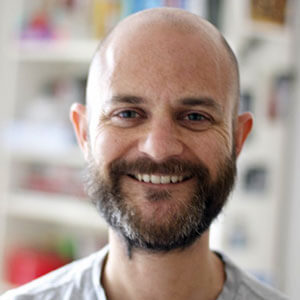Tim Bayne, Professor at Monash University and Co-Director of the ‘Brain, Mind and Consciousness’ program of the Canadian Institute for Advanced Research (CIFAR).
A philosopher, Tim works with scientists to address the question of how we might test for consciousness in various challenging populations, such as humans who are not capable of verbal report (e.g. infants), non-human animals, and artificial systems of various kinds.

